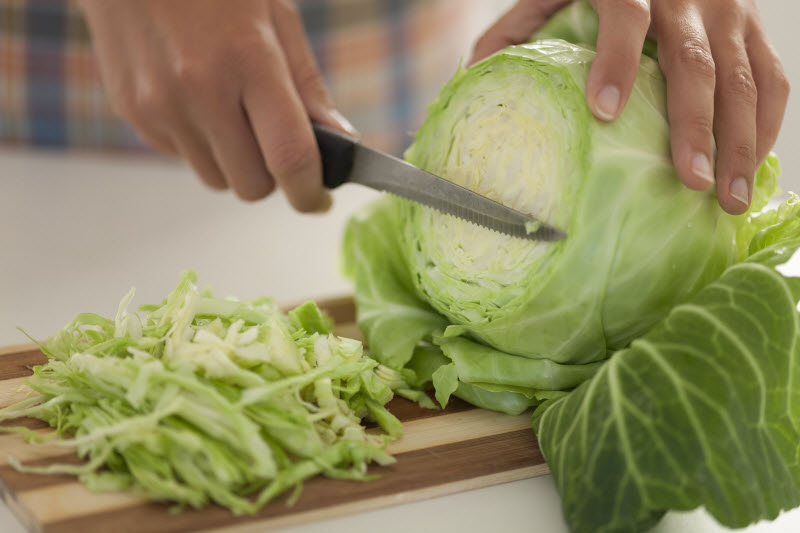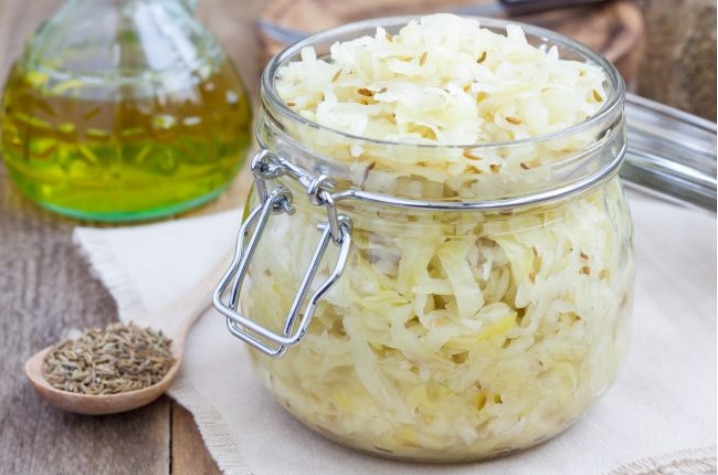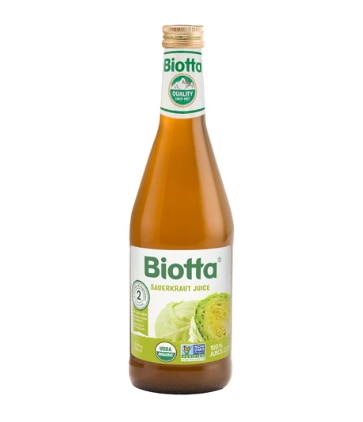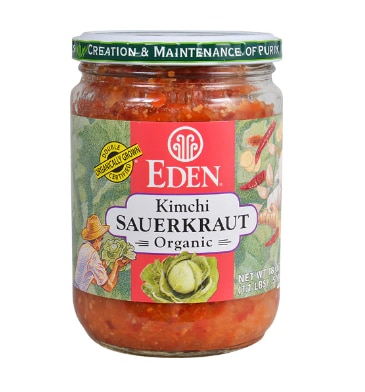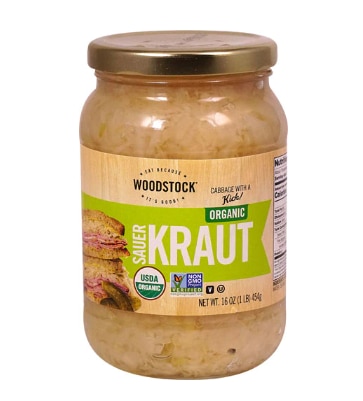A staple in Irish cuisine, cabbage is a versatile veggie that can – and should! – be enjoyed all year round. Maybe today, for St. Patrick’s Day, you’ll enjoy corned beef and cabbage for dinner. But cabbage is available fresh, frozen or jarred, and it can be enjoyed raw, sautéed, baked, fried or even pickled as an exciting addition to your everyday diet. Besides pleasing the palate in dishes like homemade sauerkraut or stuffed cabbage rolls, cabbage offers an array of health benefits worth knowing about.
The Nutrition Benefits of Cabbage
1. It’s full of fiber
Fiber is a beneficial nutrient that plays an important part in many areas health, from supporting healthy blood sugar and lowering cholesterol to helping maintain gut health. It also helps with appetite by promoting feelings of fullness.
Fiber is found in many plant foods (particularly in the skins of fruits and veggies or the stalks of plants); however many people struggle to get adequate amounts of fiber in their diets. The 2020-2025 USDA Dietary Guidelines for Americans recommends 25-28 grams of fiber per day for women under 50, and 31-34 grams of fiber per day for men under 50.
If you’re looking to up your intake of fiber, consider eating more cabbage! A 1.5 cup serving of raw cabbage provides 3 grams of dietary fiber. One of my favorite ways to enjoy it is this Cabbage With Cilantro Yogurt Lime Dressing as a side dish with a fish or barbeque dinner.
2. It supplies vital vitamins
It’s no secret that vitamins are important for health and necessary for most body processes. Did you know that there are 13 essential vitamins that can’t be made by the body and must be obtained through food or supplements?
Plant foods – like cabbage – are one of the best ways to get the recommended daily amounts of vitamins we need for best health. Cabbage is rich in:
Vitamin C
Vitamin C is a water-soluble vitamin with many important roles in the body. It supports a healthy immune system and contributes to wound healing. It also acts as an antioxidant, helping to prevent oxidative stress that may contribute to disease and illness. Vitamin C is also necessary for the absorption of certain minerals, such as iron.
A half-cup of cooked cabbage meets almost a third of the average daily recommend amount of vitamin C!
Vitamin K
Vitamin K is a fat-soluble vitamin that’s important for normal blot clotting and wound healing. It’s also necessary for building bone tissue and regulating calcium in your blood.
A half cup of cooked cabbage supplies more than half of the average daily recommended amount of vitamin K!
3. It’s packed with powerful polyphenols
Polyphenols are compounds naturally present in plant foods. They function as powerful antioxidants, protecting healthy cells in your body and potentially reducing inflammation that can lead to chronic diseases including:
- Heart disease
- Cancer
- Diabetes
- Obesity
Plants contain varying amounts of polyphenols. Good to know: Red cabbage, also called purple cabbage, contains more polyphenols than white cabbage. But both are a good source of these important nutrients.
4. It provides prebiotics and probiotics
Probiotics are microorganisms or “good bacteria” that populate the gut. It’s important to maintain a healthy gut microbiome for digestive and immune wellness. Gut health also is being studied for a variety of other health benefits, including skin health, energy, mood and more.
You can support your body’s microbiome by consuming foods containing probiotics (such as yogurt), or taking a probiotics supplement. Prebiotics are important, too. Not the same as probiotics, prebiotics serve as a ‘food source’ for good bacteria colonies in your gut.
Foods must go through a special fermentation process to create probiotic microorganisms. Did you know: Cabbage is one of the most commonly fermented foods? After it’s fermented, cabbage becomes a source of probiotics. Without fermentation, cabbage is a prebiotic. So it’s ideal to consume cabbage both in fermented and unfermented forms for maximum benefits.
You may be familiar with fermented cabbage as sauerkraut or kimchi. Sauerkraut and kimchi differ from each other slightly in the seasonings and ingredients added during their preparation. They both can be made easily at home or purchased premade (see the products carousel below!)
No matter how you consume cabbage, there are many reasons why it’s registered dietitian approved and beneficial for your health. Whether you are trying cabbage for the first time, or you’re a seasoned cabbage lover, you can find more delicious and easy recipes on The Upside blog or in the Kroger Recipe Collection.
If you have more questions about cabbage, clean eating or anything nutrition-related, schedule a virtual consultation with a Kroger Health registered dietitian nutritionist. We’re here to help!

